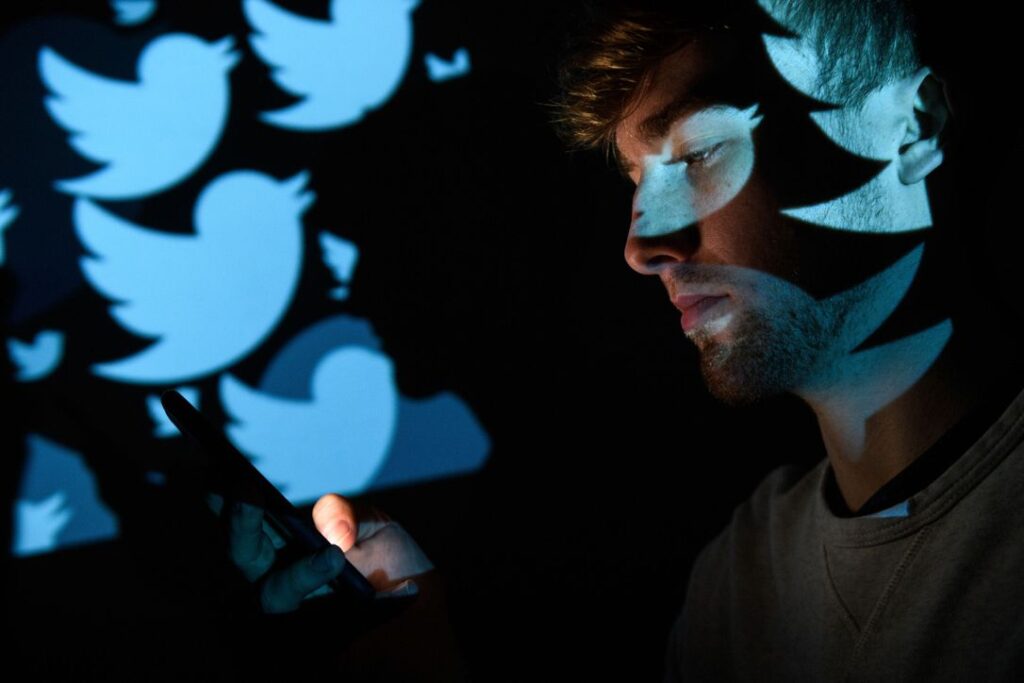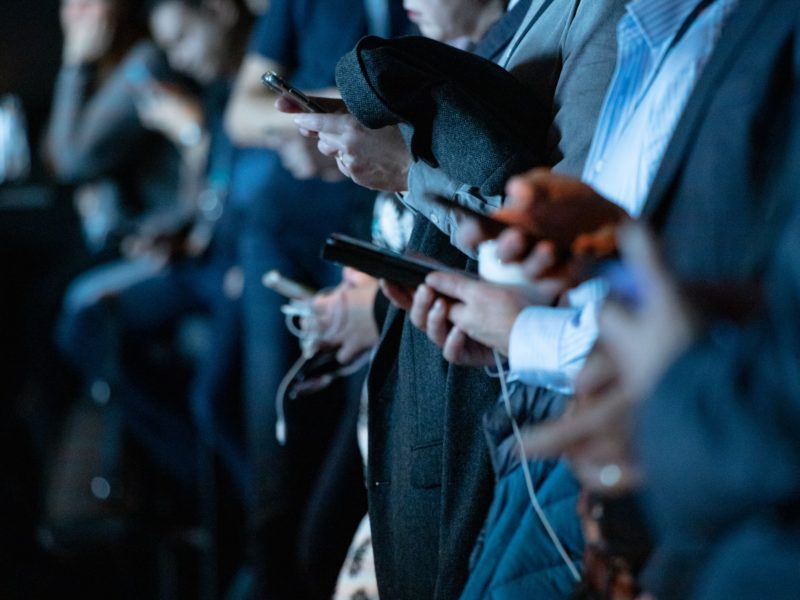By Maria Papagiannopoulou,
In the previous two decades, the political scene has shifted dramatically. The Internet has played a significant influence in this evolution. Social media, in particular, has become a significant force in political campaigns and public opinion. Candidates and their supporters frequently express their opinion on social media sites, such as Facebook and Twitter. Each political party has its own page, through which it distributes propaganda and solicits funds. Let us take a look at some of the most prominent ways that social media now influences politics.
The rapidity with which news, poll results, and rumors are exchanged is one of the ways that social media has altered politics. Unlike in the days before the Internet, when people had to wait for the next newspaper or TV news show to acquire the latest news, Internet news is available 24 hours a day, 7 days a week.
This has been taken a step further by social media. While the news is available at any time on numerous websites, most individuals spend more time on social media sites like Facebook and Twitter than on serious news or political websites. This means that anytime you log on, you will see all of the most recent hot news stories and comments shared by your friends.
Political polls are an essential component of any campaign. They can be perplexing because many polls with contradicting results are frequently presented on the same day.
The Internet has considerably expanded the number of poll results we see each day, just as it has for other sorts of political news. This has been accelerated even more by social media. You can not only view the results of polls on social media sites but also participate in Facebook polls.
The results of polls have a significant impact on elections. Even if they are imperfect, this is true. A poll has the potential to become a self-fulfilling prophecy. People may conclude that voting for the underdog is pointless if they believe one candidate is far ahead in the contest. There is a lot of pressure on politicians to get ahead of their opponents when people broadcast the newest poll results on social media during the day.

The ability for voters to interact more easily with candidates and elected officials is one of the beneficial consequences of social media on politics. If you wanted to meet a politician or candidate in the past, you had to go to a live event. This is not something that everyone can do. Virtual events, where you may join in live streaming events and engage with politicians and candidates, are now possible, thanks to current technology.
Targeting is a technique used in the advertising industry to ensure that advertisements and messages reach the intended audience. Politicians are also guilty of this. Politicians and candidates for office can now target their campaigns thanks to social media.
Candidates may now adapt their messages to target the interests of women, college students, retirees, Latinos, or any other category of voters. Candidates and politicians may use analytics and targeted advertising in the same way that advertisers on Facebook can. As a result, it is no coincidence if political messages seem to be speaking directly to you.
Political campaigns are increasingly influenced by every narrative that is shared on social media, regardless of whether it is factual or not. It is becoming increasingly difficult to tell the difference between real and bogus news on the internet. This distinction is especially perplexing in the age of social media. The never-ending flood of memes, links, and rumors about political leaders and candidates is a combination of fact, fiction, satire, and speculation.
There is currently a slew of false or satirical “news” sites that regularly publish stories that appear to be genuine. The Onion is the most well-known, but there is now a slew of others. Some fake news websites are not even funny; they operate solely to publish clickbait items or to troll viewers who do not perform their own investigation. There are also sites with political biases or sites that promote numerous unproven conspiracy theories. Even if your friends and followers do not mean to mislead you, it is easy to be swayed by false information they publish. As a result, it is critical to exercise extreme caution before believing anything.

Confirmation bias is one of the hidden forces at work on social media. This is especially true when it comes to contentious issues, such as politics. If you are like most people, the bulk of your social media friends and followers undoubtedly share your viewpoint. This means that the vast majority of tweets, Facebook posts, Pinterest pins, and other content you read on these sites tend to express the same point of view as you.
We are only now beginning to notice the impact of social media on society since it is so new. There will undoubtedly be several political shifts as a result of social media. There are now plans for Internet voting, which could result in a greater number of individuals voting in elections. This might increase the power of social media by allowing individuals to vote as soon as they see the latest comments or links on Facebook or Twitter.
Politics will be altered as a result of other improvements. Social media polling approaches will become more popular and, hopefully, more accurate. Virtual political rallies and town halls will become increasingly common. The effect of social media on politics will only rise as it gets more widely utilized. It will be fascinating to see how this unfolds.
References
- How social media impacts political views, universe.byu.edu, Available here
- Social media use in politics, wikipedia.org, Available here




